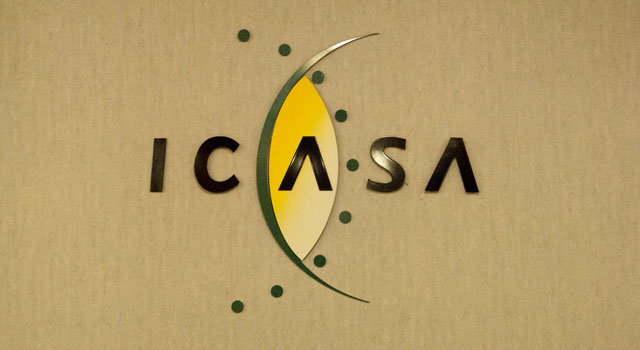
The Independent Communications Authority South Africa (Icasa) has turned down a request from mobile operator Cell C to postpone this Friday’s planned reduction in mobile termination rates, saying the cuts are part of a regulatory process that can’t be suspended.
Cell C wanted the 1 March cut in the rates — the wholesale fees the operators charge each other to carry calls between their networks — suspended so there could be an “urgent review” to determine the effectiveness of the regulations governing them.
The operator has said it is keen for a continuation or even a strengthening of the “asymmetry” regime that has favoured it and other smaller operators.
Under a three-year glide path governing the reduction in termination rates — 1 March 2013 marks the end of the glide path — smaller players Cell C and Telkom’s 8ta enjoyed a 20% asymmetry advantage over MTN and Vodacom in 2011. This was reduced in March 2012 to 15% and will fall again this March to 10%. This means that from 1 March this year, 8ta and Cell C will pay 10% less to send calls to Vodacom and MTN than the two bigger operators will pay in reverse.
Icasa spokesman Paseka Maleka says the Icasa council debated Cell C’s request on Tuesday. It elected to turn down Cell C’s request because it is unable to suspend a regulatory process without proper consultation.
Maleka says the authority will conduct a market review this year, as planned, to determine what should happen to mobile termination rates in the years ahead.
Termination rates have come down substantially in recent years, falling from a high of R1,25/minute in peak times four years ago. They will be reduced to 40c/minute on Friday.
Cell C’s call for the suspension of this Friday’s cut drew a sharp response from MTN on Monday. The bigger operator’s chief corporate service officer Robert Madzonga described Cell C’s move as “extraordinary” and said it showed a “serious lack of planning”.
“Rather than encouraging small operators to become more efficient, it just increases larger operators’ costs,” Madzonga told TechCentral.
“International best practice confirms that any mobile termination rate asymmetry must be grounded in objective cost differences and should not be granted for more than four years. This encourages operators to become more efficient and not rely on continuous regulatory subsidies to compete.”
Cell C said last Thursday that it had approached Icasa to suspend the 1 March rates cut because it believed there needed to be further “significant and sustained asymmetry for smaller operators, until they achieve a competitive degree of scale”.
In reaction to the news that Icasa had turned down its request, Cell C spokesman Karin Fourie says the operator respects the decision and hopes this year’s market review will be used to determine whether on-network versus off-network tariff differentiation and “high” national roaming charges contribute to a “lack of effective competition”.
“Cell C believes that lower call termination rates will benefit the country, but only if there is greater asymmetry for smaller players and new entrants…” — (c) 2013 NewsCentral Media




